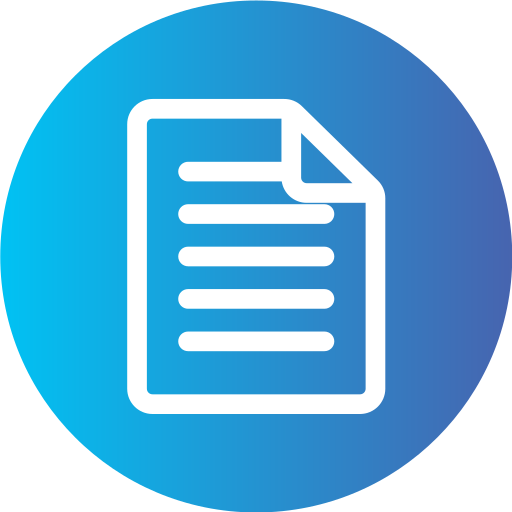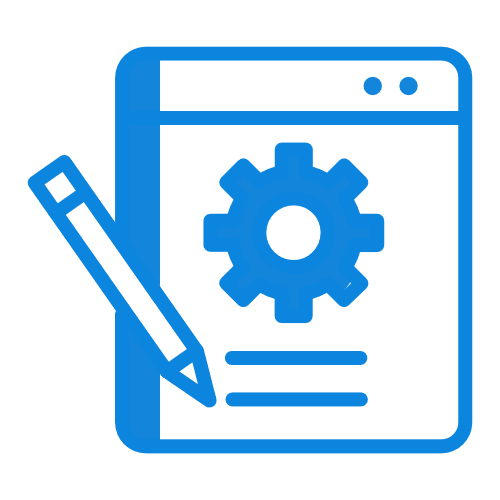This training outlines the ethical challenges associated with the use of AI in research and recommendations for responsible AI use.
 By the end of this training, learners should:
By the end of this training, learners should:
- Understand the ethical challenges associated with AI in research (IPR issues, plagiarism, unreliable information, data protection issues, etc.)
- Know where to find information about recommendation and the current best practice
 Training outline
Training outline
- Copyright infringement in AI model training
- Copyright infringement arising from the use of AI tools
- Privacy issues
- Using generative AI in scholarly writings
- Recommendations and best practice
Resources for facilitators and learners
 Publications
Publications
- World Intellectual Property Organization, ed. 2024. Generative AI: Navigating Intellectual Property. Geneva, Switzerland: World Intellectual Property Organization. https://doi.org/10.34667/tind.49065
- Megahed, Fadel M., Ying-Ju Chen, Joshua A. Ferris, Sven Knoth, and L. Allison Jones-Farmer. 2023. ‘How Generative AI Models Such as ChatGPT Can Be (Mis)Used in SPC Practice, Education, and Research? An Exploratory Study’. Quality Engineering 36 (2): 1–29. https://doi.org/10.1080/08982112.2023.2206479
 Guidelines and recommendations
Guidelines and recommendations
- ‘Guidelines for the Use of Artificial Intelligence in Research/Scholarship/Creative Activities’. Chapman University.
- ‘Generative AI in Academic Research’. Cornell University, Research & Innovation. Cornell University.
- ‘Generative AI : A Primer’. 2023. JISC.
- Leslie, D. (2019). Understanding artificial intelligence ethics and safety: A guide for the responsible design and implementation of AI systems in the public sector. Zenodo. https://doi.org/10.5281/zenodo.3240529
- Tabassi, Elham. 2023. ‘Artificial Intelligence Risk Management Framework (AI RMF 1.0)’. NIST AI 100-1. Gaithersburg, MD: National Institute of Standards and Technology (U.S.). https://doi.org/10.6028/NIST.AI.100-1
- ‘Understanding Artificial Intelligence Ethics and Safety: A Guide for the Responsible Design and Implementation of AI Systems in the Public Sector.’ Zenodo. https://doi.org/10.5281/zenodo.3240529
- ‘Artificial Intelligence: Examples of Ethical Dilemmas.’ UNESCO.
- ‘Ethics of Artificial Intelligence.’ UNESCO.
- Sabzalieva, Emma, and Arianna Valentini. 2023. ‘ChatGPT and Artificial Intelligence in Higher Education: Quick Start Guide. UNESCO Digital Library
- UNESCO. 2023. ‘UNESCO’s Recommendation on the Ethics of Artificial Intelligence: Key Facts’.
- Lindsay, Kieran. 2024. ‘Responsible AI in Academia’. GitHub.
- ‘Foundation Models Such as ChatGPT through the Prism of the UNESCO Recommendation on the Ethics of Artificial Intelligence’. 2023.UNESCO Digital Library.
- ‘Artificial Intelligence in Education.’ UNESCO.
- Huang, Saffron, and Divya Siddarth. ‘Generative AI and the Digital Commons’. The Collective Intelligence Project.
- ‘WAME Revised Recommendations on Chatbots and Generative AI.’ WAME. 2023.
- ‘Catalogue of Tools & Metrics for Trustworthy AI’. OECD.AI Policy Observatory.
- ‘OECD AI Principles Overview’. 2024. OECD.AI Policy Observatory.
- ‘AI Licenses’. Responsible AI Licenses (RAIL).
- ‘Responsible AI Licenses: A Practical Tool for Implementing the OECD Principles for Trustworthy AI’. OECD.AI Policy Observatory.
 Videos, webinars, online tutorials
Videos, webinars, online tutorials
- Open Science Fair, 2023. OS Fair 2023 - Panel - AI with and for Open Science.
 Library guides
Library guides
- ‘Artificial Intelligence Now: ChatGPT + AI Literacy Toolbox: AI LibGuides’. Florida International University Libraries.

 Guides for trainers
Guides for trainers